3 MCT Oil Substitutes for Recipes and Drinks
MCT oil is prized for its quick energy release and potential health benefits but isn’t always readily available.
Fortunately, several substitutes can provide similar medium-chain triglycerides or act as healthy fat sources in your diet.
Coconut oil, palm kernel oil, and certain nut oils offer comparable fatty acid profiles and cooking versatility.
While the nutritional benefits may vary slightly, these alternatives can fulfill many culinary and dietary roles.
Choosing the right substitute depends on your specific needs, whether for cooking, baking, or supplementation.
With the right options, you can maintain your healthy fat intake without relying solely on MCT oil.
Learn how to incorporate these practical alternatives into your daily routine.
MCT Oil Alternatives for Cooking and Baking
Richness in drinks, baking, or cooking can still be achieved with MCT oil alternatives, some offering added nutrients. Blends work well in both sweet and savory uses. Plenty of swaps could fit your needs.
Hemp Seed Oil
Hemp seed oil stands out as an excellent substitute for MCT oil mainly because of its rich omega-3 fatty acid content, which MCT oil completely lacks.
Cold-pressed hemp seed oil maintains its nutritional value while sharing MCT oil's light appearance - pale straw color with just a subtle nutty scent that won't change the flavor of your recipes.
These essential omega-3 fatty acids must come from your diet and offer powerful anti-inflammatory benefits that help fight disease, unlike MCT oil which consists almost entirely of saturated fat known to increase inflammation.
For health-conscious consumers looking for alternatives, hemp seed oil delivers superior nutrition with its complete profile of healthy fats.
Coconut Oil
Substituting coconut oil for MCT oil is possible in recipes, though MCT oil offers a more concentrated source of Medium-Chain Triglycerides at 100% compared to coconut oil's 55%.
Many health experts consider coconut oil among the best cooking oils available, extracted directly from pressed coconut meat with a pleasant tropical flavor.
The lower MCT concentration means coconut oil provides roughly half the nutritional benefits for your brain and body compared to pure MCT oil.
Despite this difference, coconut oil remains the closest natural alternative when MCT oil isn't available.
Quality does matter with coconut oil, so choosing unrefined, cold-pressed varieties will give you the most health advantages in your cooking.
Extra Virgin Olive Oil
Smart substitutions can revolutionize your cooking by making recipes healthier, accommodating dietary restrictions, or simply working with what's already in your pantry.
Extra virgin olive oil stands out as the most beneficial substitute for butter and processed oils, packed with heart-healthy monounsaturated fats that can lower bad cholesterol while adding rich flavor to dishes.
Greek yogurt makes an excellent replacement for sour cream in dips and baked goods, offering more protein with fewer calories and a similar tangy taste.
For baking enthusiasts, applesauce can replace oil or butter at a 1:1 ratio, significantly reducing fat content while maintaining moisture in cakes and muffins.
What To Consider When Choosing a Substitute for MCT Oil in Coffee?
When selecting a substitute for MCT oil in your coffee, it’s important to consider factors like flavor, digestibility, and the intended health benefits. MCT oil is prized for its neutral taste and quick absorption, providing a clean source of energy without a heavy mouthfeel.
Look for alternatives that won’t overpower the coffee’s flavor - options like coconut oil or fractionated coconut oil can come close. Additionally, consider the oil’s smoke point and how it reacts to heat if you prefer your coffee hot.
Digestive tolerance is another key factor; some oils may cause discomfort if consumed in large amounts, so start with small quantities when trying substitutes.
When Should You Avoid Using MCT Oil Alternatives in Recipes?
Avoid using MCT oil substitutes in recipes where precise nutritional content or texture is critical, such as ketogenic diets or specialized meal replacements.
MCT oil has a unique metabolic profile, rapidly converted into energy, which most substitutes cannot replicate. Also, alternatives with strong flavors or low smoke points might not perform well in high-heat cooking or delicate beverages.
If your recipe depends on MCT oil’s quick absorption or neutral flavor, replacing it might alter the intended effect or taste. Always consider the role MCT oil plays in the recipe before opting for a substitute.
Can Plant-Based Oils Mimic the Effects of MCT Oil in Smoothies?
Plant-based oils like coconut oil, avocado oil, or flaxseed oil can partially mimic MCT oil’s creamy texture and healthy fat content in smoothies. Coconut oil, rich in medium-chain triglycerides, is the closest natural alternative, supporting energy boost and satiety.
Avocado oil adds smoothness and heart-healthy fats but lacks the quick metabolism benefit of MCTs. Flaxseed oil offers omega-3 fatty acids and a mild flavor but differs significantly in digestion and energy impact. While these oils enhance texture and nutrition, they don’t fully replicate MCT oil’s rapid energy conversion.

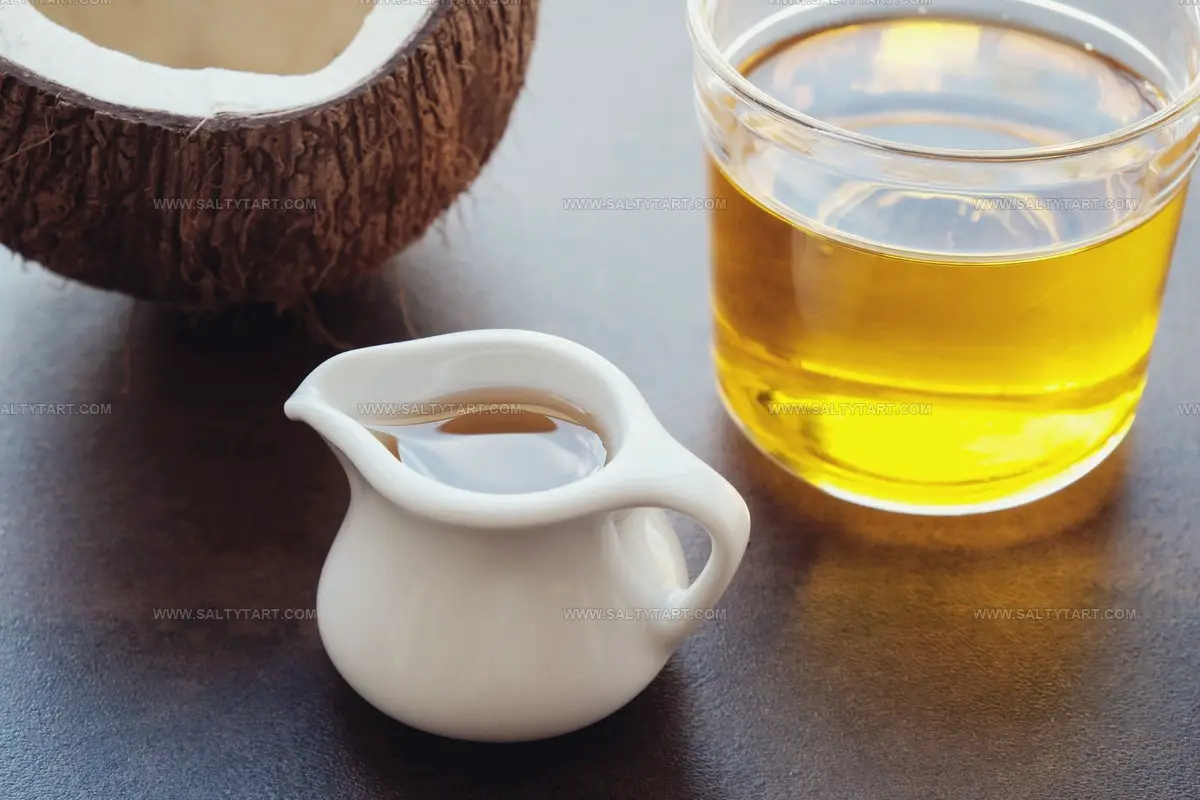
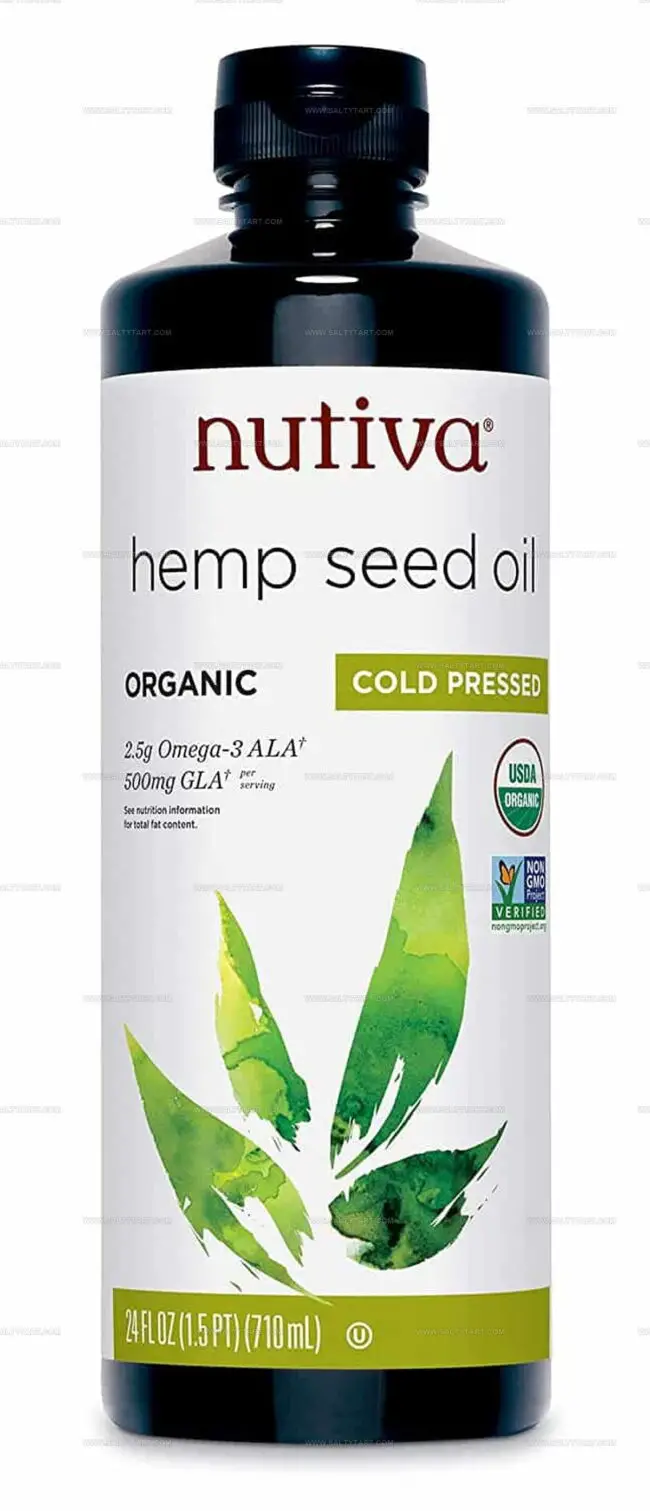
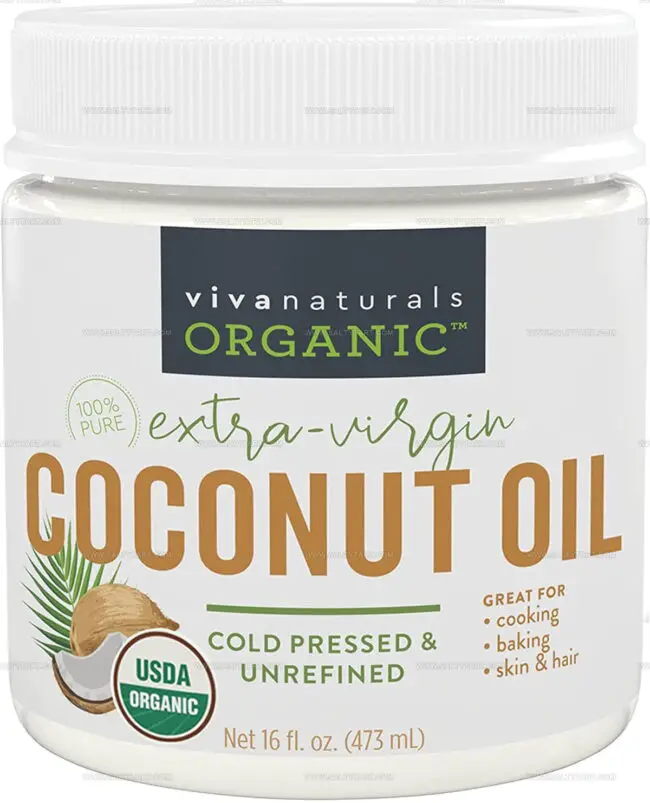
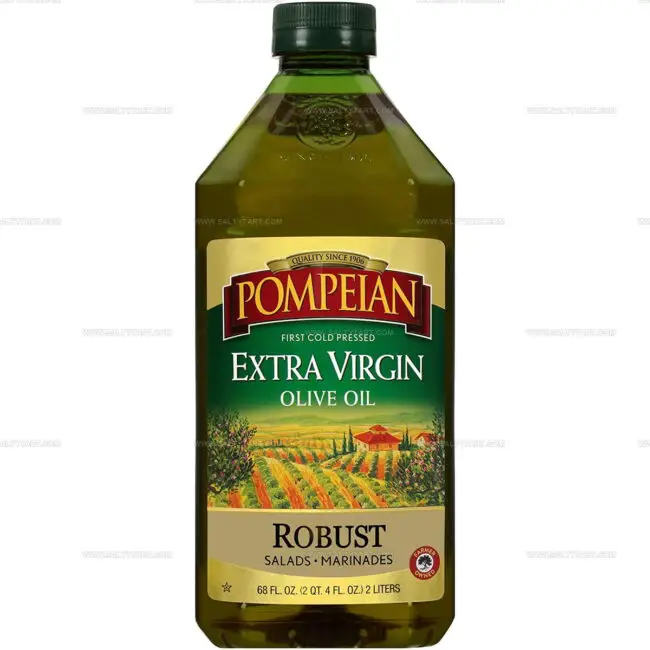

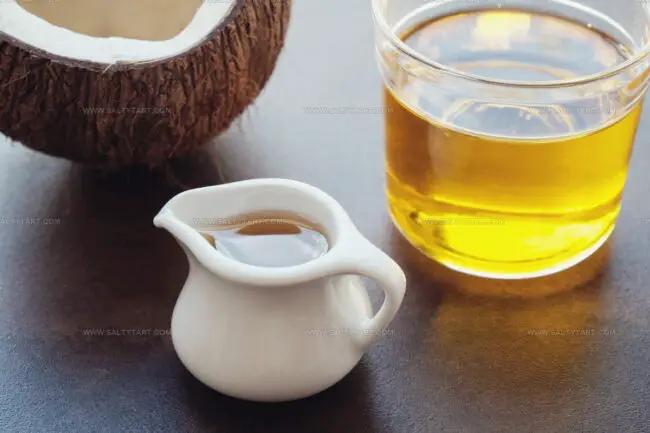

Jess Martinez
Contributing Recipe Writer & Nutrition Consultant
Expertise
Southwestern and Latin American cooking, Nutritional analysis and healthy recipe planning, Cultural food traditions, Modifying traditional dishes for better health
Education
Santa Fe Community College
Certificate in Culinary Arts
Focused on mastering the flavors and cooking methods of traditional Southwestern cuisine.
Jess’s love for bold, homegrown flavors led her straight into the world of Southwestern cooking and cultural nutrition.
After completing her Certificate in Culinary Arts at Santa Fe Community College, she made it her mission to show that good-for-you food can still taste incredible.
At saltytart.com, Jess shares vibrant, health-conscious recipes with roots in tradition but a fresh, modern twist. When she’s not testing new recipes, you’ll find her at local growers’ markets, tending her herb garden, or digging into food history books.